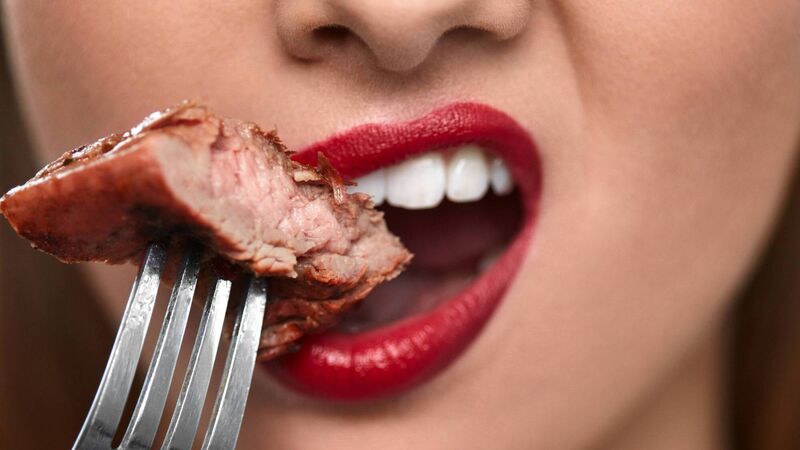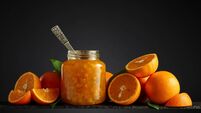Protein is the body's building block — but how high should our intake really be?

Protein is a building block for organs, tissues, muscles, bones and skin. In the absence of carbohydrates and fats in the diet, its calories can be used as energy. The question of how much we need is not as easy to answer.
A recent trip to the supermarket left me wondering if I were missing a nutritional trick. In the chilled cabinets were yogurts, puddings and shakes with the words ‘high protein’ emblazoned across them in attention-grabbing print.
The cereal aisle had breakfast options proclaiming their protein content would power me through my day. Near the till were protein bars, bites and powders, including a strawberry-flavoured one for €80 a kilo.











